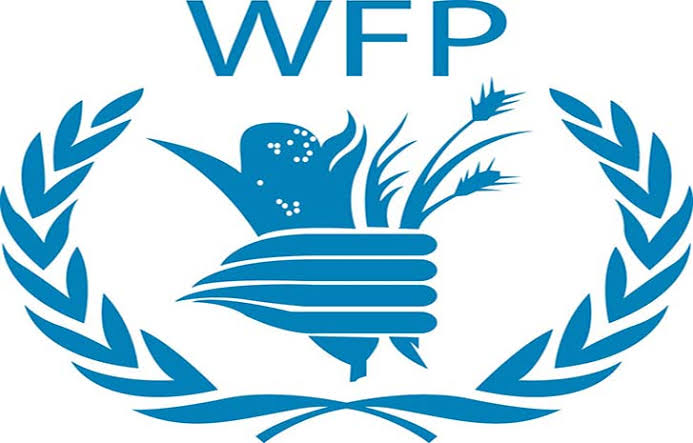The World Food Programme (WFP) on Wednesday called for 470 million dollars to assist people in Sahel region where millions of people are at risk of severe hunger and starvation in 2022.
The number of people on the brink of starvation across Africa’s Sahel region is ten times higher than it was in 2019, WFP is warning, while the number of people who are displaced is up by 400 percent.
The combined effects of conflict, the COVID-19 pandemic, climate, and rising costs are putting basic meals out of reach for millions.
“An absolute crisis is unfolding before our eyes,” said WFP Executive Director David Beasley on a visit to Benin, having inspected WFP operations in Niger and Chad.
“I’ve been talking with families who have been through more than you can possibly imagine,’’ Beasley said in a statement.
They have been chased from their homes by extremist groups, starved by drought and plunged into despair by COVID’s economic ripple effects.”
“We’re running out of money, and these people are running out of hope,” he said.
The Sahel, which runs south of the Sahara desert, encompassing Burkina Faso, Chad, Mali, Mauritania and Niger, is currently experiencing some of its driest conditions in years.
Hunger is expected to affect 10.5 million people in 2022, including more than a million teetering on the edge of starvation, in the five countries.
This is up from 3.6 million in 2019, including 141,000 people who were on the brink of starvation.
The current crisis is expected to outpace previous years’ due to compounding factors including insecurity, an increase in poverty due to the coronavirus pandemic, and dramatic increases in the cost of staple foods.
WFP has also been implementing resilience programmes to help families thrive.
In just three years to 2021, WFP and local communities turned 270,000 acres of barren fields in five countries into productive agricultural and pastoral land, changing the lives of more than 2.5 million people.
This work showed how investing in resilience can pay dividends in peace and stability.
